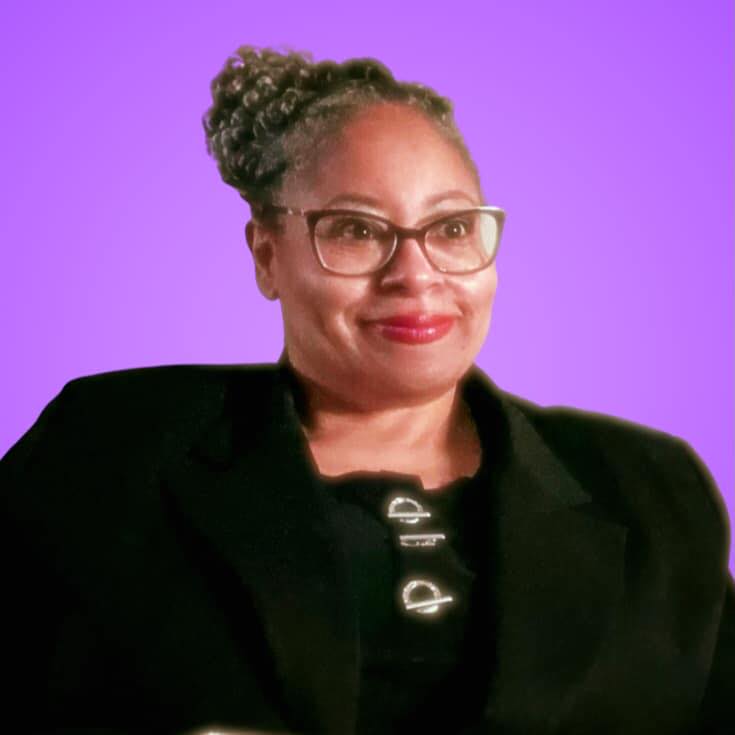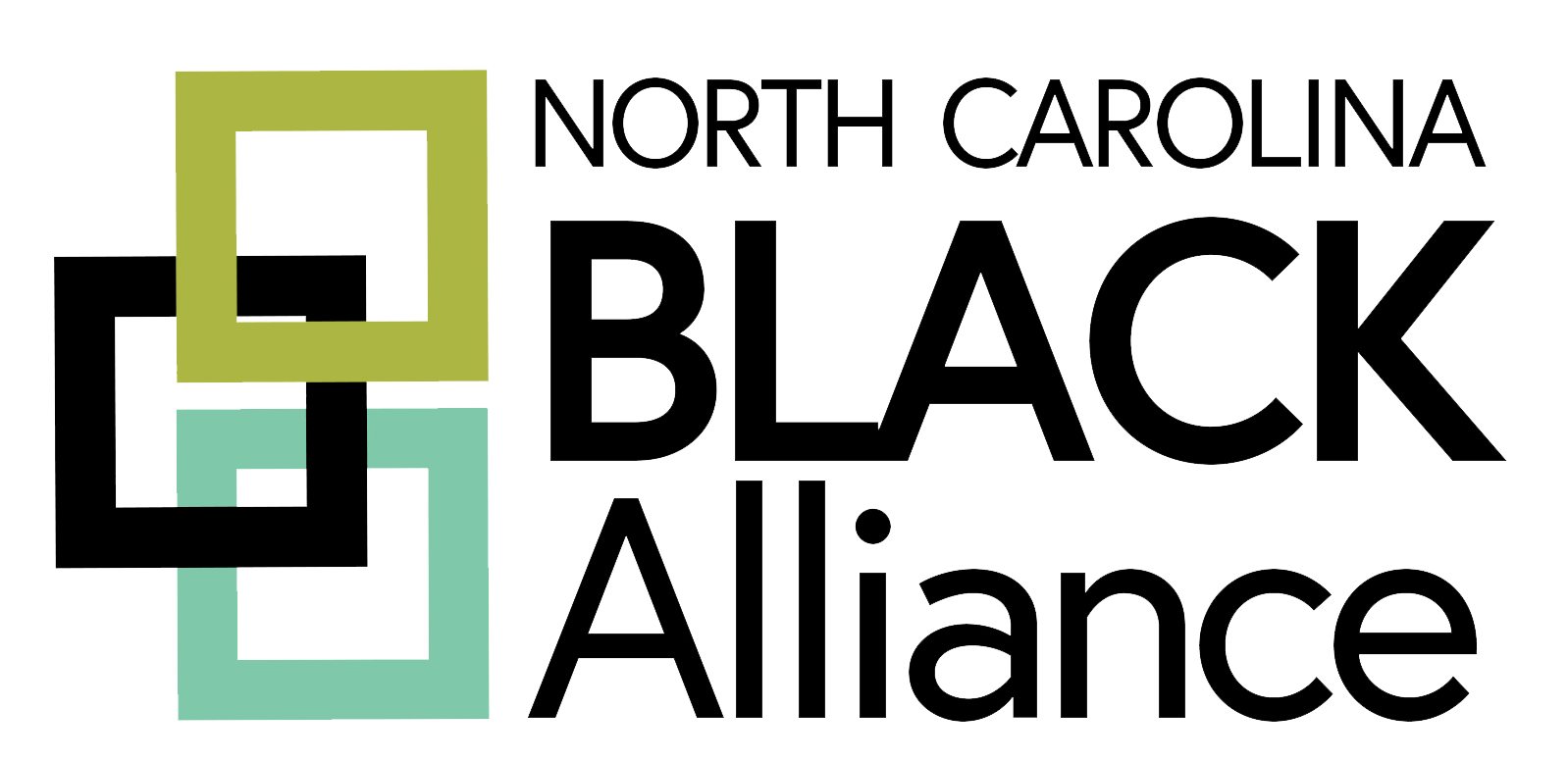HerStory: Septima Poinsette Clark: Black Communities and Education Equity
Public education in North Carolina has been under scrutiny in recent years with the Leandro case in NC courts and misguided discussions about critical race theory—and book bans. Unfortunately, decisions that would address systemic issues for the student body of color are not often a priority when distractions cause more emphasis on political agendas. Educators, it seems, may also find themselves lacking what they need to provide equitable educational opportunities for their students. Ideally, well-informed strategies for education equity could make learning environments better for disadvantaged populations.
My work in local education equity allows me to be vocal about how public school systems meet educational standards for all youth. I am particularly vested in youth advocacy since serving as a former Guardian ad Litem volunteer in Alamance County Courts Systems. Disadvantaged youth who have been neglected or abused will tend to score high on the adverse childhood experiences questionnaire. Therefore, they may need special services to treat childhood trauma. Unfortunately, when funding is averted from services to help youth cope during traumatic life events to programs like school resource officers, some youth fall prey to the school-to-prison pipeline. Black [faith] communities can show up to provide advocacy for disadvantaged youth, giving them a greater chance to overcome the adversity they may face daily.
Septima Poinsette Clark (May 3, 1898-December 15, 1987) was a Black woman educator of faith who withstood challenges like losing her job to continue the work of educating Black communities, even in voter registration and citizenship. She taught youth and adults during her tenure at schools in South Carolina, Tennessee and North Carolina. In her memoir, Ready From Within: Septima Clark and the Civil Rights Movement, Clark tells stories of her role as an educator and activist with both the NAACP and Southern Christian Leadership Conference with Rev. Dr. Martin Luther King, Jr.
A Black community leader and teacher, Clark did not allow being fired for membership in the NAACP deter her from historic social justice work to educate persons of color. To bring systemic change, her organized citizenship workshops provided basic literacy to Black adults so they could pass tests for voter registration. Her courageous stance for education equity, and historic activism on behalf of equal pay for teachers of color, gives us a model for strategic advocacy in public education and public policy. Black youth, and adult, education equity depends on Black communities to both strategically and collectively use our Black power to affect change in public policy. This is the only way systems are bound to change.

Rev. Donna Vanhook, M.Div
Faith Engagement Team Contributor - HerStory
